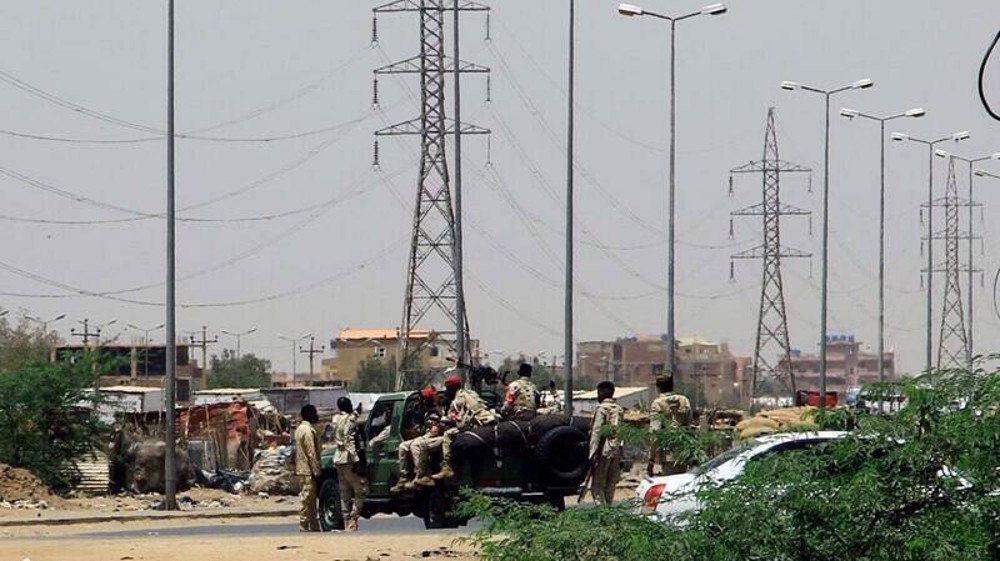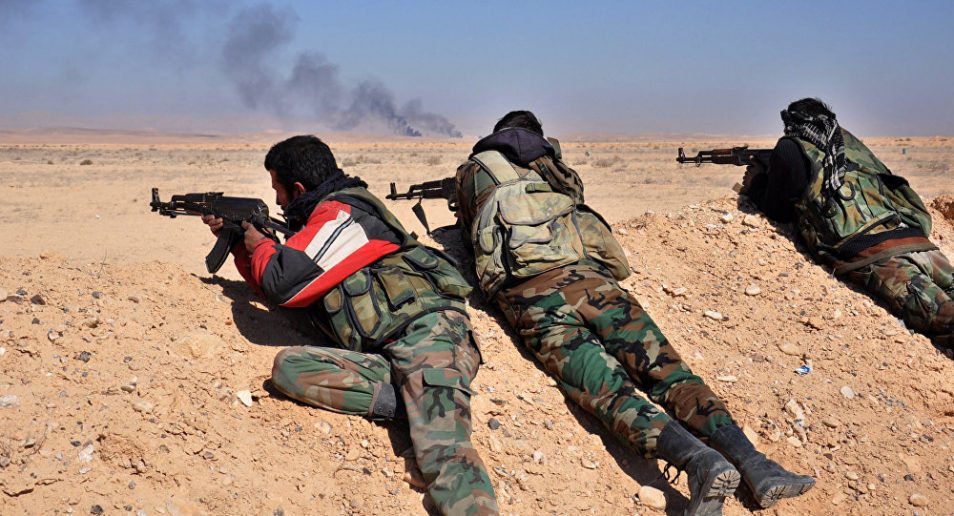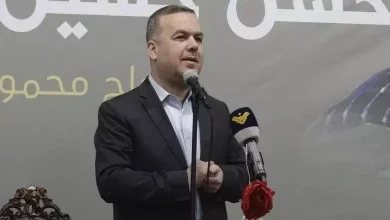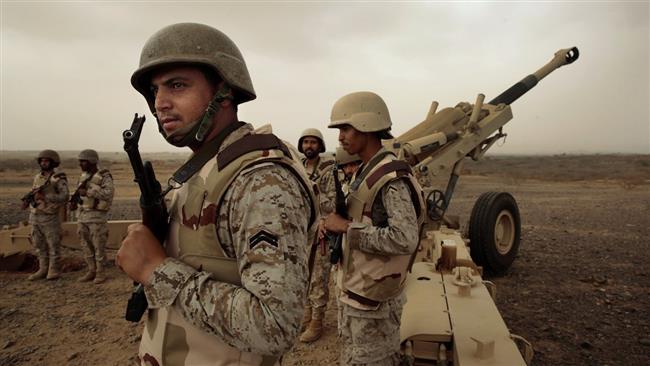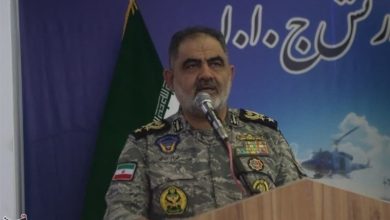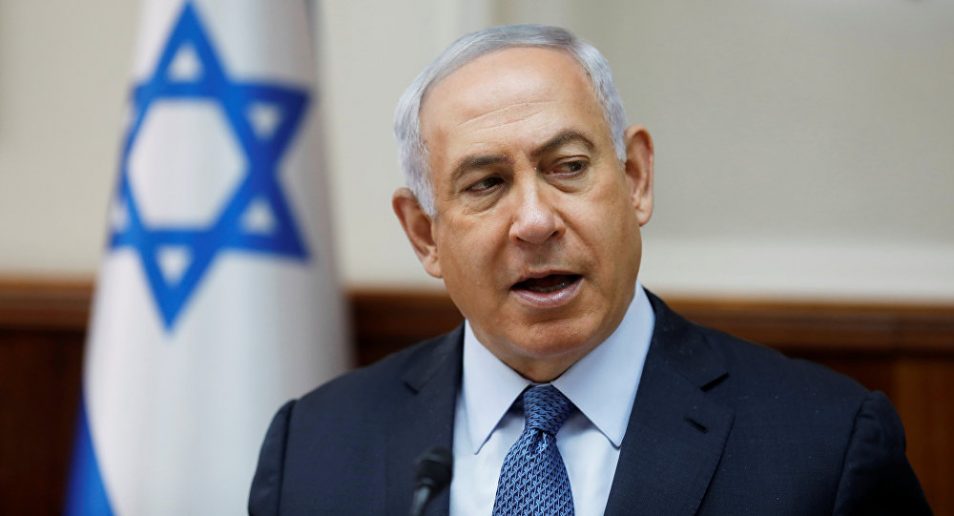Sudan unrest: Army regains several key sites as civilian toll mounts
Sudanese armed forces have gained control over key sections of the capital Khartoum city, including the radio and television building, previously occupied by the Rapid Support Forces (RSF) paramilitary, as the battle rages on for the second consecutive day.
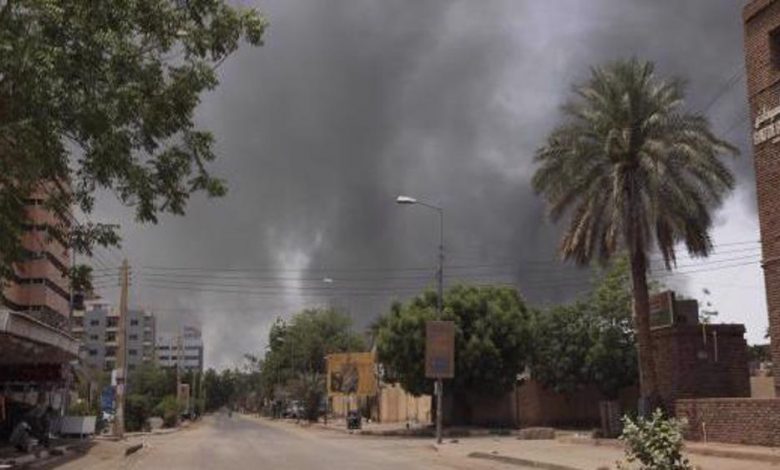
In a statement released on Sunday, the Sudanese army claimed “the hour of victory is near”, adding that “we pray for mercy for the innocent lives taken by this reckless adventure taken by the rebel Rapid Support militia… We will have good news for our patient and proud people soon, God willing.”
The conflict between the two sides in the south of Khartoum resumed on Sunday, as heavy fighting between military rivals has led to the number of casualties rising to 56 across the country, injuring at least 600, according to the Central Committee of Sudan Doctors.
Twenty-five people, including 17 civilians, have died in the city, a doctors’ organization said. Earlier during the day, the Sudanese armed forces launched air strikes on an RSF base near the capital in a bid to reassert control over the country.
Deafening explosions and intense gunfire rattled buildings in the capital Khartoum’s densely-populated northern and southern suburbs as tanks rumbled on the streets and fighter jets roared overhead, witnesses said.
The RSF claims that they have successfully seized the presidential palace and the Khartoum airport, but the Sudanese armed forces denied their claim and stated that they are the ones who are in charge of the sites, as fighting continued overnight.
The fierce clashes have also led Sudanese telecom provider MTN Telecommunications to block internet services in the country on the orders of the government telecommunications regulator, two officials from the company told Reuters.
The air force late Saturday urged people to stay indoors as it continued air strikes targeting RSF bases.
Footage obtained from AFP showed heavy smoke emerging from a building near the army headquarters in Khartoum.
The military said that a building “caught fire” amid the clashes, but that it had been contained.
“Yesterday morning, around like 9 or so, it sounded like there was a thunderstorm of sorts. We woke up and went outside, there were fighter jets, and it just sounded like there were gunshots. There’s just a lot of chaos going on. There was smoke everywhere,” said a tourist, Lakshmi Parthasarathy, a 32-year-old software engineer.
Middle Eastern countries such as Iran, Saudi Arabia, and the UAE along with the African Union have called to immediately end the fighting and to engage in dialogue to settle the dispute.
“The Islamic Republic of Iran expresses its concern over what is taking place in the Muslim and brotherly country of Sudan,” Iranian Foreign Ministry spokesman Nasser Kan’ani was quoted as saying on Saturday.
UN chief Antonio Guterres also called for “an immediate cessation of hostilities”
The African Union’s Peace and Security Council has called an emergency session on Sunday to discuss political and security developments in Sudan, it said on Twitter.
An Al-Alam reporter stationed in Sudan has said that the conflict will increase in the next few hours.
Clashes erupted in Sudan on Saturday between Sudanese armed forces loyal to General Abdel Fattah al-Burhan, and the RSF, a paramilitary force led by Sudan’s deputy leader, Mohamed Hamdan Dagalo, known as Hemedti.
Hemedti, belonging to a family of camel herders, rose from lowly beginnings to head a widely feared Arab militia that crushed a revolt in Darfur, winning him influence and eventually a role as the country’s second most powerful man, and one of its richest.
Hemedti has played a prominent role in his country’s turbulent politics for 10 years, helping topple his one-time benefactor President Omar al-Bashir in 2019 and later quashing protests by Sudanese seeking democracy.
As deputy head of state, Hemedti, with little formal education, has taken on some of Sudan’s most important portfolios in the post-Bashir era, including the crumbling economy and peace negotiations with rebel groups.
